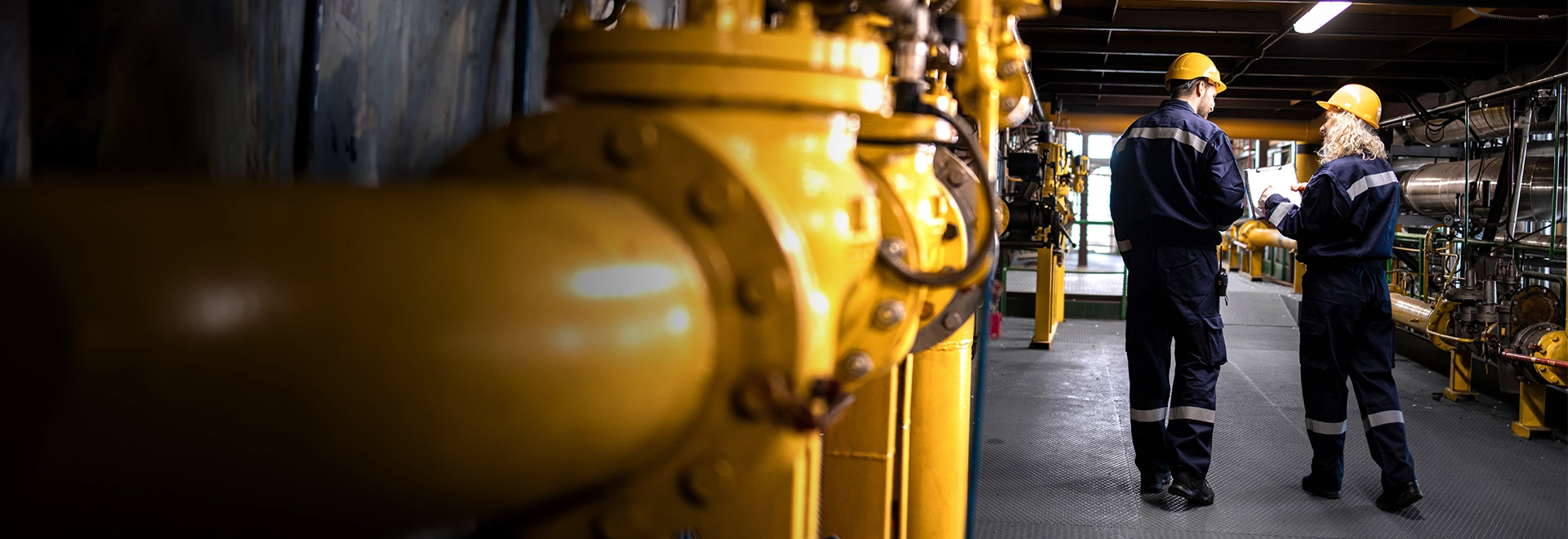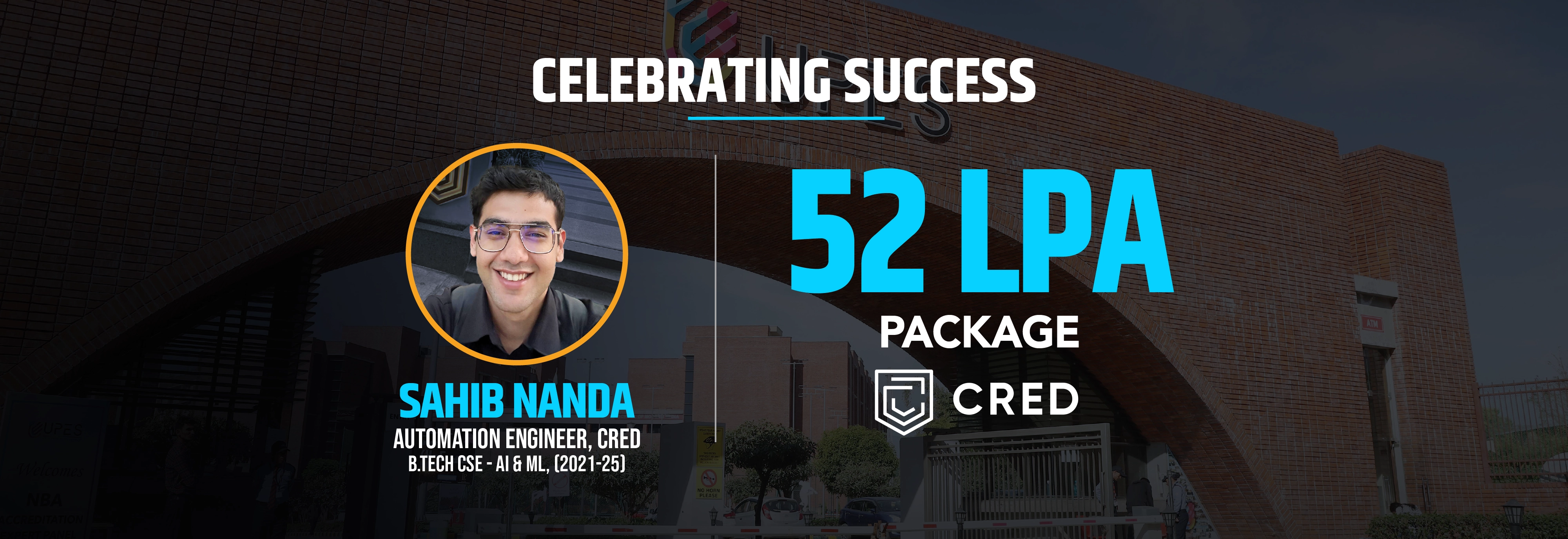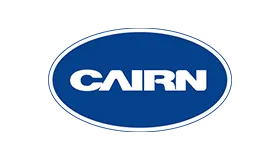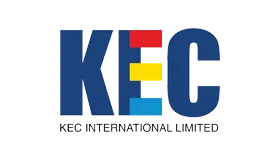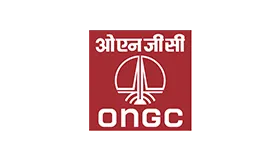- Home
- Academics
- School of Advanced Engineering
- B.Tech. (Engineering)
B.Tech. (Engineering) - Course Overview
The School of Advanced Engineering offers B.Tech. in Aerospace Engineering, Chemical Engineering, Fire and Safety Engineering, Civil Engineering, Sustainability Engineering, Electrical Engineering, Electronics and Computer Engineering, Mechanical Engineering, Applied Petroleum Engineering and VLSI Design and Technology. Each program offers a range of specializations, allowing students to tailor their education to their individual interests and career goals. The duration of the program is 4 years (8 semesters).
The curriculum of BTech courses varies based on the chosen field of specialization. Visit the individual pages to learn more.
Minimum 50% marks in Class X and XII. Along with 50% in PCM (Physics/Chemistry and Mathematics) in Class XII is required for BTech eligibility.
- UPESEAT/ JEE Mains/ SAT/ CUET-UG & Board Merit
#Upto 20% of seats shall be filled through the non-exam category (10% through JEE Mains and 10% through Board Merit). In case seats are vacant in this category; UPES has the right to fill these through the UPES Examination. The university also reserves the right to conduct further CBT / Pen Paper / Online tests for admission.
Click here for the detailed Fee Structure.
Click here to learn about additional fee payments.
Studying B.Tech. at UPES School of Advanced Engineering provides students with a comprehensive education, industry exposure, and practical training, making them well-equipped to succeed in the dynamic and challenging aerospace industry. There are several reasons why one should consider studying B.Tech. at UPES School of Advanced Engineering:
- Industry-Relevant Curriculum: The curriculum of the program has been designed in collaboration with industry experts to ensure that students are equipped with the latest BTech course details, knowledge and skills required by the aerospace industry.
- State-of-the-Art Facilities: The School of Advanced Engineering has state-of-the-art facilities such as structural lab, geotechnical lab, transportation lab, fluid mechanics lab, environmental engineering lab, surveying lab, fire and safety lab, fire testing ground, industrial hygiene lab, wind tunnels, CAD/CAM labs, avionics labs, and aircraft maintenance and repair labs to provide BTech students with hands-on experience and practical training.
- Experienced Faculty: The faculty members at UPES School of Advanced Engineering are from renowned universities within and outside India, are highly experienced and have expertise in various areas of engineering. They use innovative teaching methods and industry-relevant case studies to make learning engaging and relevant for BTech graduates.
- Industry Collaborations: The School has collaborations with various companies such as L&T, Ascela and TraNXT Advisory, ONGC, Tata Power, HPCL, OIL, Airbus, Boeing, Rolls Royce, Tata Power, AdGate technologies, to provide students with industry exposure and opportunities for internships and projects.
- Career Opportunities: The program provides students with a wide range of career opportunities in different sectors including infrastructure, sustainability, fire and safety, offshore, marine, underground, extraterrestrial construction sector, aircraft and spacecraft design and manufacturing, research and development, quality assurance, and testing. The school also provides career guidance and placement support to students.
B.Tech. is an undergraduate degree in engineering that offers students a diverse range of career opportunities. The program also provides a strong foundation for those interested in pursuing further education, such as a master's or PhD in engineering or a related field. Here's a summary of career opportunities with different specializations:
- B.Tech. in Aerospace Engineering: Graduates can pursue a career in aerospace and aviation industries, research and development organizations, and defence establishments.
- B.Tech. in Chemical Engineering: Graduates can work in chemical manufacturing, pharmaceuticals, petrochemicals, food industries, speciality chemical industries, biotechnology, and environmental engineering industries.
- B.Tech. in Fire Safety Engineering, B. Tech Civil Engineering and B. Tech in Sustainability Engineering: Graduates can work in allied and specific private industries such as infrastructure, offshore, marine, underground and extraterrestrial construction sector, oil and gas exploration, pharmaceuticals, chemical, petrochemicals, food, manufacturing, automobile, aviation and environmental engineering industries, government agencies, academic sector, and research and development organizations.
- B.Tech. in Electrical Engineering, B. Tech in Electronics and Computer Engineering and B. Tech in VLSI Design and Technology: Graduates can work in telecommunications, consumer electronics, software Engineering, energy and power, Information Technology, and industries working with AI & ML and semiconductor industries.
- B.Tech. in Mechanical Engineering: Graduates can work in manufacturing, automobile, aviation, and defence industries.
- B.Tech. in Applied Petroleum Engineering: Graduates can work in oil and gas exploration and production companies, drilling and well services companies, and oil refineries.
These are just a few examples of the positions that graduates can apply for after completing a B.Tech. degree. The specific positions available will depend on the interests, skills, and experience of the individual graduate.
Choosing to study B.Tech. at UPES School of Advanced Engineering is a smart decision for students who are passionate about pursuing a career in engineering at the best university for BTech. Our school is recognized as one of the top engineering schools in India, with a reputation for excellence in education and research. With a plethora of undergraduate, postgraduate, and doctoral programs in a variety of engineering subjects, students have the opportunity to explore and choose the degree program that best aligns with their interests and career goals.
Innovative Teaching and Learning
We, at the advanced school of engineering, believe in experiential teaching and learning and strive to imbibe problem-solving skills and critical thinking in students. The following practices are in place to improve the quality of teaching-learning and student experience.
| Encourage innovation Support entrepreneurship | Real-world/Project-based assignments |
| Quality laboratory experience | Encouraging advanced learner |
| Slow learners support | ICT-enabled classroom (sound system, mic, and projector) |
| Guest lectures from industry experts | Industry-led courses |
| Certification courses | Professional Software Training (PST) and Certification |
| lp,Emerging tools and technology | Prototype development |
| Use of virtual labs | Participation in competitive events (in-house/national/international) |
| Multidisciplinary and sustainable approach of creation | Participation in conferences/seminars/workshops (national/international) |
| International internship | Semester exchange or 2+2 exchange in International premium institutes having collaboration with UPES |
Collection of feedback and reviews from our former students, providing valuable insights into the course's quality, faculty, infrastructure, and career prospects.
Programs and Specialisations
The UPES School of Advanced Engineering offers a range of B.Tech. programs in various engineering disciplines, each designed to provide students with a comprehensive education in their field of study. The curriculum and faculty members at the School of Advanced Engineering are dedicated to develop technology builders and sustainable solution providers. Our graduates will be equipped to transform current cities into fully IoT-enabled environments, design unmanned vehicles for transportation, create drones and UAVs for space and defence activities, manage smart manufacturing floors controlled by robots, digitise existing technologies, and make 100% renewable energy a reality.
Our curriculum of every BTech type provides a solid foundation in engineering principles, emphasizing creative learning and innovation, as well as hands-on experience through projects, laboratory work, and internships.
In addition to core subjects, students can choose from a variety of subject-focused specialisations. These specialisations enhance skills and future-proof students for the evolving landscape of engineering. The program includes both theoretical and practical components, requiring students to complete various projects, assignments, and laboratory work. Additionally, students have the opportunity to participate in internships or apprenticeships, offering valuable hands-on experience and industry exposure.
The curricula for our programs have been developed in consultation with industry experts, academia, alumni, and parents to ensure students are industry-ready upon graduation. Graduates of our programs are well-prepared to enter the workforce or pursue advanced studies in their field.
Placements
UPES’ annual placement drive gives students a chance to interact with recruiters from leading startups and MNCs from around the world. Here are some top recruiters at UPES:
UPES has a record of 90%+ placement and ensures good opportunities for students as it attracts many big corporate houses. The university organizes in-campus PEP (Personality Enhancement program) for students to develop a positive outlook and gain several skills necessary for their time employability at the university. The university will also assist the students in grabbing the best internship opportunities. The students will also be offered pre-placement boot camp for the students for Group Discussion (GD) and Personal Interview (PI) training for their upcoming placements.
FAQs
B.Tech. is an undergraduate academic degree program in the field of engineering. It typically takes 4 years to complete and covers a wide range of subjects related to science, mathematics, and engineering. The programs provides students with a strong foundation in theoretical and practical aspects of engineering and prepares them for a wide range of career opportunities in different industries.
The eligibility criteria for B.Tech. program is a minimum of 50% marks at the Higher & Senior Secondary level (10th & 12th class) and a minimum of 50% aggregate in PCM (Physics, Chemistry & Mathematics) at the Senior Secondary level (12th class)
#Up to 20% of seats shall be filled through the non-exam category (10% through JEE Mains and 10% through Board Merit). In case seats are vacant in this category; UPES has the right to fill these through the UPESEAT (UPES Engineering Aptitude Test). UPES also reserves the right to conduct further CBT/ Pen Paper/ Online tests for admission.
At the UPES School of Advance Engineering, you can choose from
- B.Tech. in Aerospace Engineering
- B.Tech. in Chemical Engineering
- B.Tech. in Fire and Safety Engineering
- B.Tech. in Civil Engineering
- B.Tech. in Sustainability Engineering
- B.Tech. in Electrical Engineering
- B.Tech. in Electronics and Computer Engineering
- B.Tech. in VLSI Design and Technology
- B.Tech. in Mechanical Engineering
- B.Tech. in Applied Petroleum Engineering
While all BTech branches have their individual uniqueness, knowledge, and demand, the top 5 BTech branches with high demand are: Computer Science & Engineering (CSE), Electronics & Communication Engineering (ECE), Mechanical Engineering, Civil Engineering, and Electrical Engineering.
Integrated BTech is a 5-year dual-degree program combining BTech with MTech or MBA, saving one year compared to pursuing them separately. It offers advanced specialization, better career prospects, and faster progression into research or management roles.
The best BTech course depends on your interest and market demand. CSE (Computer Science & Engineering) is the most sought-after due to high salaries and job opportunities. Other top choices include AI & Data Science, ECE, Mechanical (Robotics), and Civil (Smart Infrastructure).
To pursue BTech at UPES, you can apply through UPESEAT (UPES Engineering Aptitude Test) or via JEE Main scores. UPES also offers direct admission for top-performing students based on 12th board marks (minimum 50% in PCM). Visit the official website for detailed admission criteria, BTech qualification, and application deadlines.
For JEE Main, JEE Advanced, BITSAT, VITEEE, or state CET, you will have to appear for entrance exams. Based on your rank, apply to IITs, NITs, IIITs, or private universities through counselling. Some colleges offer direct admission based on 12th marks.
Based on your interests, career goals, and industry demand, decide if you wish to pursue engineering. Research job opportunities, average salary range, and future scope before enrolling in. Take heed of college reputation, faculty, placements, and integrated programs for better career prospects.
* For further details, refer to T&C Click Here.
After completing B.Tech., graduates can pursue career opportunities in different industries such as Aviation, Chemical manufacturing, Construction, Telecommunications, software development, Information Technology, Manufacturing, and Oil & Gas exploration. The choice of industry depends on the B.Tech. specialization stream as well as the individual's interests and career objectives, etc.
The average salary after completing a B.Tech. program in India can range from ₹ 6-10 LPA depending on the job role, experience, and organization. Graduates with higher qualifications and work experience can earn even higher salaries.
Yes, hostel facility is provided by the University. Residential blocks have been earmarked for limited on-campus accommodation (on first come, first serve basis), separately for boys and girls on triple sharing basis. Students wishing to avail hostel facility (on-campus) will need to deposit fee in advance.
For Hostel Fee Information, Click here.
